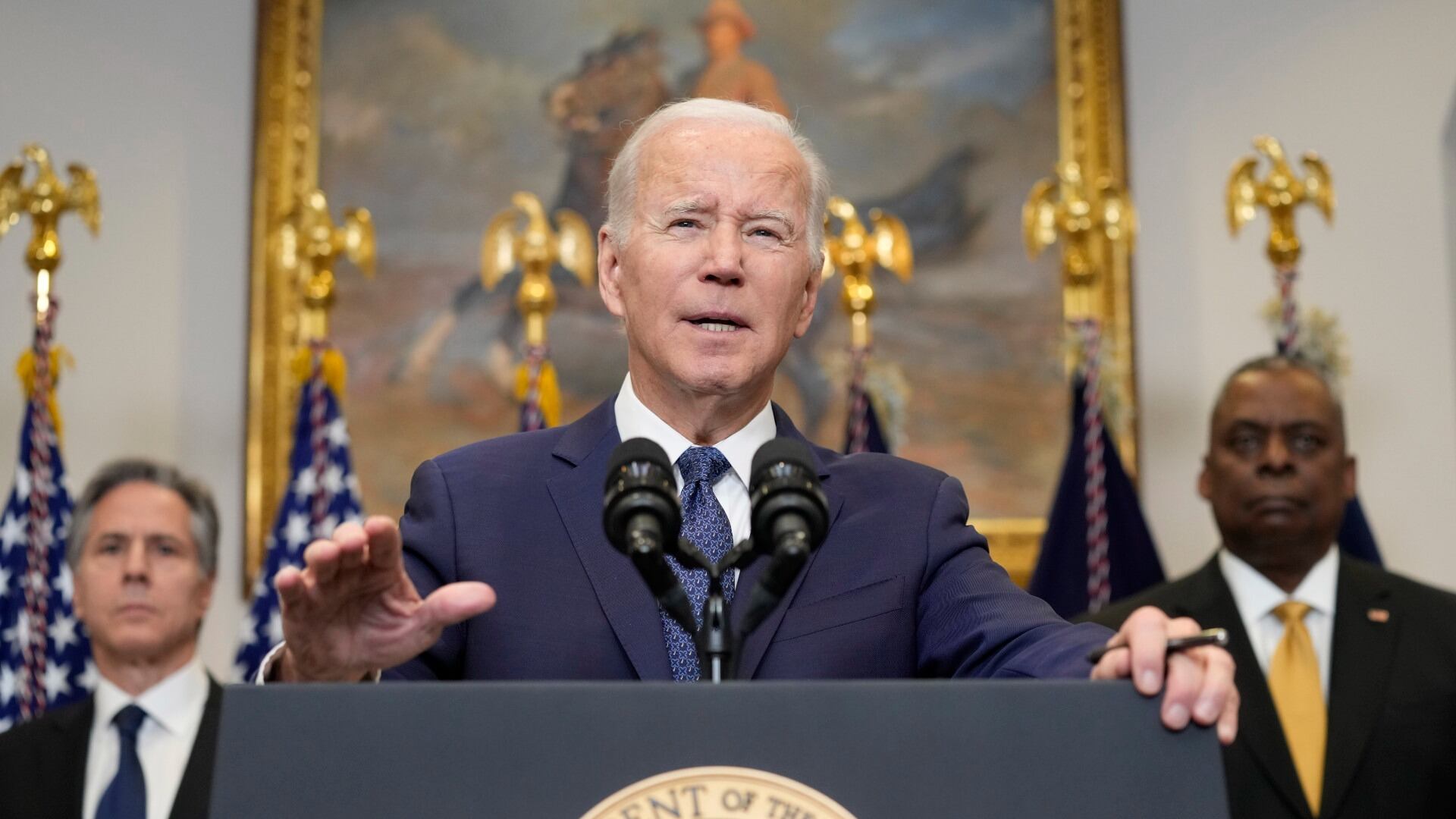President Joe Biden has announced that the United States would be delivering 31 Abrams Tanks to Ukraine as the country heads into a new phase of its war against Russia.
“With spring approaching, the Ukrainian forces are working to defend the territory they hold and preparing for additional counter-offensive,” President Biden said. “To liberate their land, they need to be able to counter Russia’s evolving tactics and strategy on the battlefield in the very near term.”
Biden explained that the tanks are some of the “most capable in the world,” they would improve Ukraine’s ability to fight in open terrain, and give them “an enduring capability to deter and defend against Russian aggression.”
The announcement was accompanied by Germany’s decision to send 14 Leopard 2 A6 tanks to the nation as well.
“Germany supports Ukraine in defending against Russia’s aggression,” German Chancellor Olaf Scholz said Wednesday. “We are supplying Leopard 2 tanks in close cooperation with our international partners.”
Ukrainian President Volodymr Zelenskyy expressed gratitude to the Biden administration following Wednesday’s announcement.
“It’s an important step on the path to victory,” Zelenskyy said on Twitter. “Today the free world is united as never before for a common goal — liberation of Ukraine.”
However, it will likely be months before any tanks are delivered to the front and Ukrainian troops get fully trained to use the complex weapons.









